SHOP BY NEED
DEVELOPING LEAN MUSCLE
GIVES HERBAL LIBIDO INCREASE SUPPORT
HELP YOU RELAX MENTALLY AND FEEL BETTER
PROVIDES STRONG IMMUNE SUPPORT
INCREASES YOUR TRAINING PERFORMANCE
YOU CAN HAVE HEALTHIER DAYS WITH POWER ANTICOSIDAN EFFECT.
PLAYS AN IMPORTANT ROLE IN RETURNING YOUR TESTESTERONE RECEPTORS TO NATURAL PRODUCTION AFTER A STEROID CYCLE.
Aspartic acid (Asp, D) is one of the 20 standard amino acids found in the structure of proteins. It is also known as aspartate by its anionic form.
It helps to remove harmful ammonia from the body. When ammonia enters the circulatory system, it acts as a toxic substance and can damage the central nervous system. Studies have shown that aspartic acid can increase endurance and resistance to fatigue.
Like many other amino acids, this amino acid has both L- and D- isomers. However, the active isomer, in other words, the one that exists in nature, is L- Aspartic acid. If Aspartic acid is mentioned as Aspartic acid without any prefixes such as L- or D- in this article or in scientific articles, the L- Aspartic acid mentioned here is.
Features
As its name suggests, aspartate is the carboxylic acid analog of asparagine. Since the human body can synthesize the aspartate it needs, it is not vital to take it with external nutrients. In addition to being a building block of proteins, aspartate can also be used as a neurotransmitter in the brain and can play a role as a metabolite in the urea cycle and during gluconeogenesis. It has been hypothesized that aspartate, used as a neurotransmitter, can increase endurance by providing resistance to fatigue, but the supporting experimental records are not very strong.
What is Fadogia Agrestis and What are its Benefits?
What is Fadogia Agrestis?
Fadogia agrestis is a plant native to West Africa. This plant has been used for various purposes in traditional medicine, especially in regions such as Nigeria.
What is Fadogia Agrestis used for?
Fadogia Agrestis root extracts are used as supplements due to their libido-enhancing, energy-giving and testosterone-raising properties.
Increase Testosterone Levels
Some preliminary studies suggest that Fadogia Agrestis may increase testosterone levels. For this reason, it is used as a supplement by some people who want to increase testosterone naturally.
Increase Sexual Function
In traditional African medicine, Fadogia Agrestis has been used as an aphrodisiac. Some reports indicate that the plant can increase sexual desire and performance.
Speed Up Recovery After Exercise
It is known that Fadogia Agrestis may have anti-inflammatory properties. This means that Fadogia agrestis may speed up recovery after exercise.
What is Asparagus and What Does It Do? (Asparagus)
Asparagus, which has been produced in Turkey in recent years, is a vegetable that grows throughout the year, although it attracts our attention especially in the spring. The asparagus plant is actually a vegetable with 300 species. The most common species is Asparagus officinalis. Cultivated in Greece for over 2,000 years and coming from the lily family, it is known to have been consumed in ancient times. Asparagus can also appear in gardens without planting seeds. This vegetable, which is a temperate climate plant, is considered native to most of Europe, North Africa and West Asia. It is grown especially in China, Thailand, Peru, Germany and Mexico.
Asparagus is a thin spear-shaped vegetable. The green one is the most common type. There are also purple, white and pink varieties. There are also varieties such as Jersey, Purple passion, Apollo, UC 157, Atlas, Viking KBC all over the world. Asparagus, which is a balanced vegetable, does not contain fat or cholesterol. It also has a very low sodium content. 1 cup of asparagus nutritional values are as follows:
Calories: 27
Protein: 13 grams
Fat: 0
Carbohydrates: 5 grams
Fiber: 2 grams
Potassium: 271 mg
Vitamin C: 5 mg
Folate: 7 mcg
Vitamin K: 7 mcg
Before moving on to the benefits of asparagus, let’s explain the richness of vitamins and minerals in its content as follows:
Vitamin A: Effective in bone development, reproductive and vision health. Vitamin A is one of the vitamins the body needs most for the proper functioning of cellular functions and a strong immune system.
Vitamin C: As a powerful antioxidant, it plays an important role in skin, bone health, as well as connective tissue and iron absorption.
Vitamin K: Vitamin needed for blood clotting and maintaining bone health.
Potassium: Potassium is needed for the healthy functioning of the nervous system and muscles.
Folate: A type of B vitamin necessary for the body to make DNA.
What are the Benefits of Asparagus?
Asparagus’s low calorie content may be the primary choice for people who watch their weight. However, asparagus’s benefits are endless. While its soluble fiber structure makes asparagus a great food for the digestive system, it can also act as a shield against colon cancer and cardiovascular diseases. It helps brain health and reduces birth defects during pregnancy with folate. The benefits of asparagus that will make you try asparagus recipes can be explained in detail as follows:
Helps with Weight Loss: The soluble inulin fiber in asparagus plays a very important role in weight loss. Because according to research, 6 grams of inulin gives a feeling of fullness as much as a 260-calorie meal. Add asparagus to your diet to both lose weight and maintain your weight.
Cancer Fighter: It was found in a study that the saponin components in asparagus, which are thought to be beneficial in alleviating the problems caused by cancer, were effective in the death of cancer cells. According to the research, it was stated that it prevented the growth of cancer cells. Another ingredient, sulforaphane, is still under investigation for its cancer-preventing properties. The fact that asparagus is a folate source may make it known as a risk reducer against colon, pancreas and esophageal cancers. In short, it should be known that asparagus is a supporter in the fight against cancer.
Protects the Urinary Tract: Asparagus, which is thought to protect the urinary tract, including the bladder, kidneys and urethra, does this by being a green vegetable. This vegetable, which has antibacterial properties, is effective in preventing the growth of bacteria that cause infections. When we say asparagus, it is thought to be a diuretic. It is important for protection against urinary tract infections. With its diuretic properties, asparagus is a food that should be consumed to cleanse the kidneys of waste and prevent kidney stones.
Fights Inflammation: Its powerful antioxidants make asparagus powerful in the fight against inflammation. Asparagus is also seen as a fighter of inflammations that can lead to heart disease. Thanks to its anti-inflammatory properties, asparagus is good for back and headaches as well as rheumatism and gout problems.
Supports Heart Health: Vitamin K is essential for heart health. It helps prevent hardening of the veins while ensuring blood clotting. At this point, it plays an important role in lowering blood pressure. With its soluble fiber structure, it is also a healthy food choice against cardiac problems. Fiber should be consumed to protect cholesterol levels. In addition, thiamine, a type of B vitamin in asparagus, balances the levels of the amino acid homocysteine. Again, folate has an effect on reducing the risk of heart disease.
Strengthens the Brain: Vitamins C and E are the two most powerful vitamins that reduce the risk of Alzheimer’s. Studies have tried to prove that it prevents cognitive impairment and regression in older people. The folate in asparagus has a morale-boosting and supportive effect against irritability. It is also said to help treat depression. Studies show that low folate paves the way for depression. In addition, folate can also help with epileptic seizures.
Digestive Support: Asparagus, which is undoubtedly a fibrous vegetable, facilitates the breakdown of food in the intestines. Inulin fiber improves the digestive process. Asparagus, which is a water reservoir as rich as fiber, is effective in preventing constipation. Being a source of prebiotics also makes asparagus a super food. Prebiotics feed the good bacteria in the intestines and balance the good and bad bacteria. Bloating is one of the most common digestive problems. Asparagus, as a good diuretic, can also be useful in reducing bloating by helping to remove excess water.
Improves Bone Health: Weak bones are linked to vitamin K deficiency. A glass of asparagus provides more than half of your daily vitamin K needs. Vitamin K is also important in terms of calcium absorption in the body. It plays a role in protecting bone health and preventing osteoporosis by preventing calcium from being excreted in urine. It provides bone mineral balance and protects bone density. The iron in asparagus strengthens bones and joints. Again, with its prebiotic structure, it contributes to bone health by increasing calcium absorption.
Builds the Immune System: Glutathione in asparagus has a destructive effect on carcinogenic substances. Glutathione is a compound that has an important function in the immune system. In addition, immunity is strengthened with the prebiotics in asparagus, and the fight against diseases such as colds and flu can be won more easily. Another feature that makes asparagus have a say in immunity is its richness in antioxidants. Its vitamin B content also makes asparagus an energy-giving food. Thanks to the fibers, blood sugar is balanced.
Effective in Diabetes Treatment: It is successful in providing blood sugar balance.
What is Tongkat Ali?
Tongkat Ali is an extract obtained from the roots of a plant native to Southeast Asia, also known as Eurycoma longifolia. For many years, Tongkat Ali has been used in traditional medicine for a variety of purposes.
What is Tongkat Ali used for?
Tongkat Ali has long been used as an energy booster, general health tonic, and aphrodisiac.
Increasing Testosterone Levels
The most well-known benefit of Tongkat Ali is its ability to naturally increase testosterone levels. This can contribute to increased muscle mass, increased energy levels, and increased sexual desire.
Increasing Energy and Stamina
Tongkat Ali is known for its properties of increasing energy levels and increasing overall stamina. This can help athletes last longer during training and cope better with fatigue.
Lowering Stress and Cortisol Levels
Tongkat Ali has been shown to lower cortisol levels (the stress hormone). Intense training can increase cortisol levels, which can lead to loss of muscle mass and slow recovery. Lower cortisol levels can contribute to faster recovery and better training adaptations.
Boosting the Immune System
It has been suggested that Tongkat Ali may have immune-boosting properties.
Supporting Bone Health
Some studies suggest that Tongkat Ali may increase bone density and reduce the risk of osteoporosis.
Treating Erectile Dysfunction
Some studies suggest that Tongkat Ali may relieve symptoms of erectile dysfunction.
Diindolylmethane (DIM)
Diindolylmethane (DIM) is a compound found in cruciferous vegetables such as broccoli, cauliflower, cabbage, and Brussels sprouts. These vegetables contain several phytochemicals that may help reduce the risk of cancer. DIM is a metabolite of one of these phytochemicals, indole-3-carbinol (I3C).
Where to Find DIM?
DIM is found in cruciferous vegetables like broccoli, cauliflower, cabbage, and Brussels sprouts. These vegetables can be consumed raw or cooked.
Benefits of DIM
DIM is thought to have several health benefits. These include:
May help reduce the risk of cancer. DIM has anti-cancer properties that may help prevent the growth and spread of cancer cells.
May help improve hormone balance. DIM plays a role in estrogen metabolism and may help improve estrogen balance. This may help relieve menopause symptoms and reduce the risk of breast cancer.
May help reduce inflammation. DIM has anti-inflammatory properties that can help reduce inflammation. This may help reduce the risk of arthritis, heart disease, and other chronic inflammation-related diseases.
May help improve liver health. DIM has hepatoprotective properties that may help prevent liver damage and improve liver function.
WHAT IS PHOSPHATIDYLSERINE
Phosphatidylserine is a fatty substance produced in the body that protects and coats all cells in the body. It is very important for the proper functioning of nerve cells in the brain, helping to transmit messages between them. It is a key component of healthy nerve cell membranes, and is thought to play a key role in keeping memory strong as we age. Animal studies show that levels decrease with age. Phosphatidylserine is found naturally in some foods and is also sold in dietary supplement form. Supplements are promoted as a natural remedy for a variety of health conditions. Phosphatidylserine use is beneficial for a number of diseases, including:
• Attention deficit-hyperactivity disorder (ADHD)
• Alzheimer’s disease
• Anxiety
• Depression
• Multiple sclerosis
• Stress
In addition, phosphatidylserine supplements are claimed to help preserve memory, promote healthy sleep, improve mood, and increase exercise performance.
Health Benefits
Studies have investigated the health effects of phosphatidylserine supplements, but most of the studies were small. Some important findings from these studies are as follows:
Exercise capacity and muscle soreness: According to a report published in Sports Medicine in 2006, phosphatidylserine supplements help increase exercise capacity. When the report’s authors analyzed studies on excessive exercise, they found that it helped reduce muscle soreness and counteracted increases in levels of the stress hormone cortisol, which is often produced.
Memory: Phosphatidylserine is often taken to try to slow down age-related memory loss. A study published in the Journal of Clinical Biochemistry and Nutrition in 2010 found that it was effective in treating mild cognitive impairment.
What are the Benefits of Ginseng?
The proven health benefits of ginseng, with its two important compounds, ginsenosides and gintonin, are as follows (2):
It has beneficial antioxidant and anti-inflammatory properties.
It can help improve brain functions.
It can support the treatment of erectile dysfunction (ED) in men.
It can contribute to the strengthening of the immune system.
It can help fight fatigue and generate energy.
It can contribute to lowering blood sugar.
It can affect sperm count and quality (3).
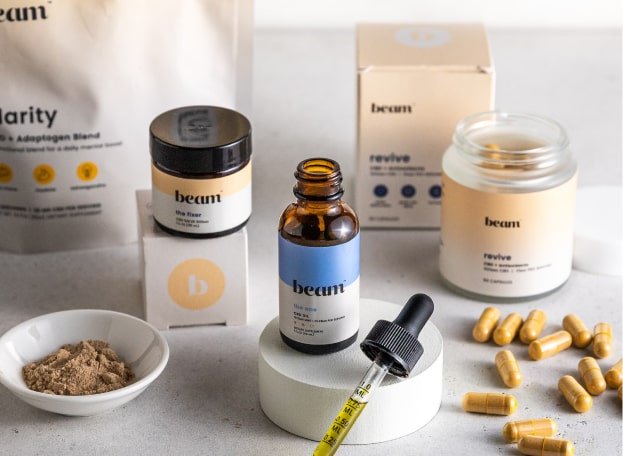

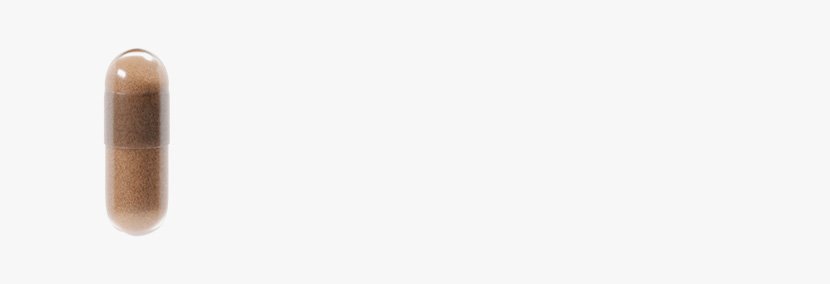

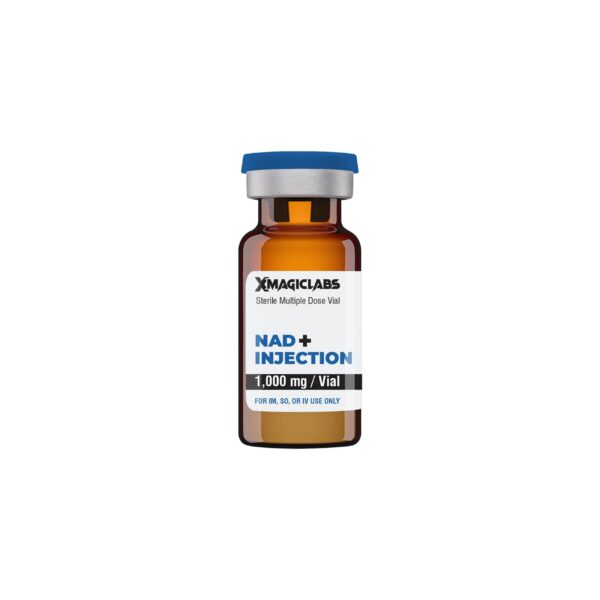
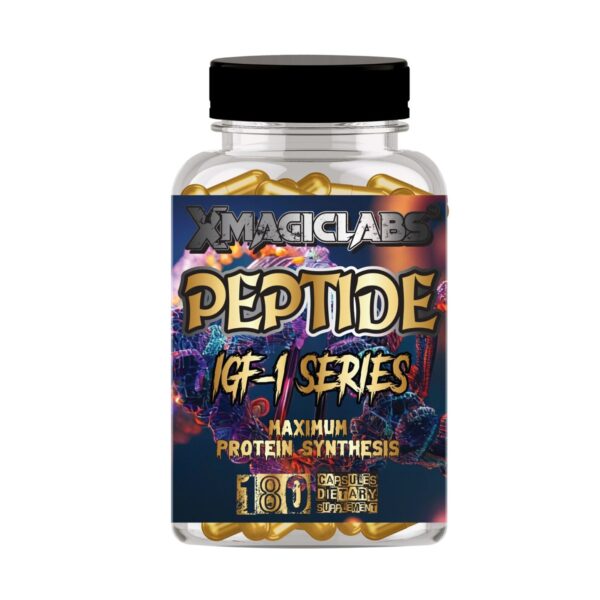
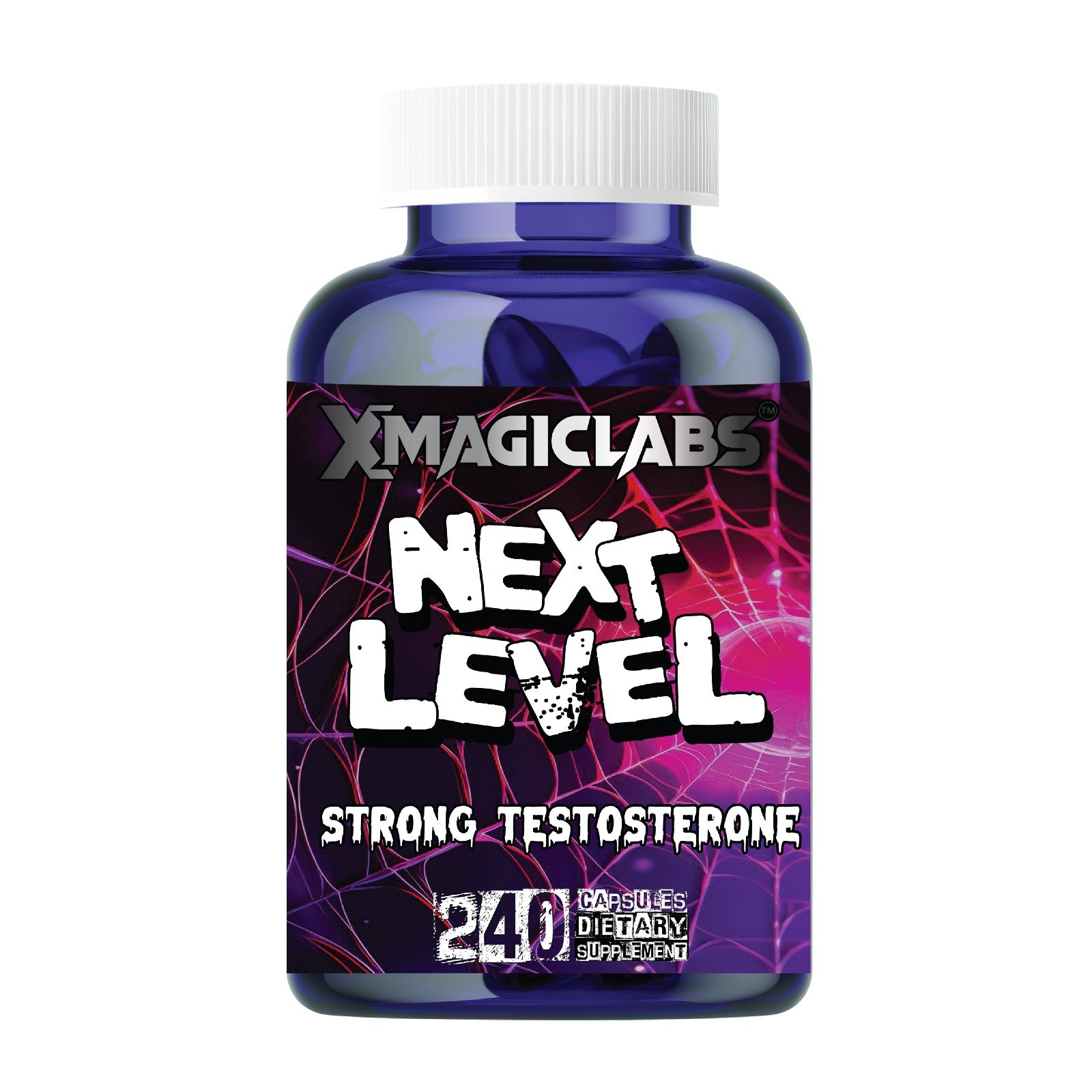
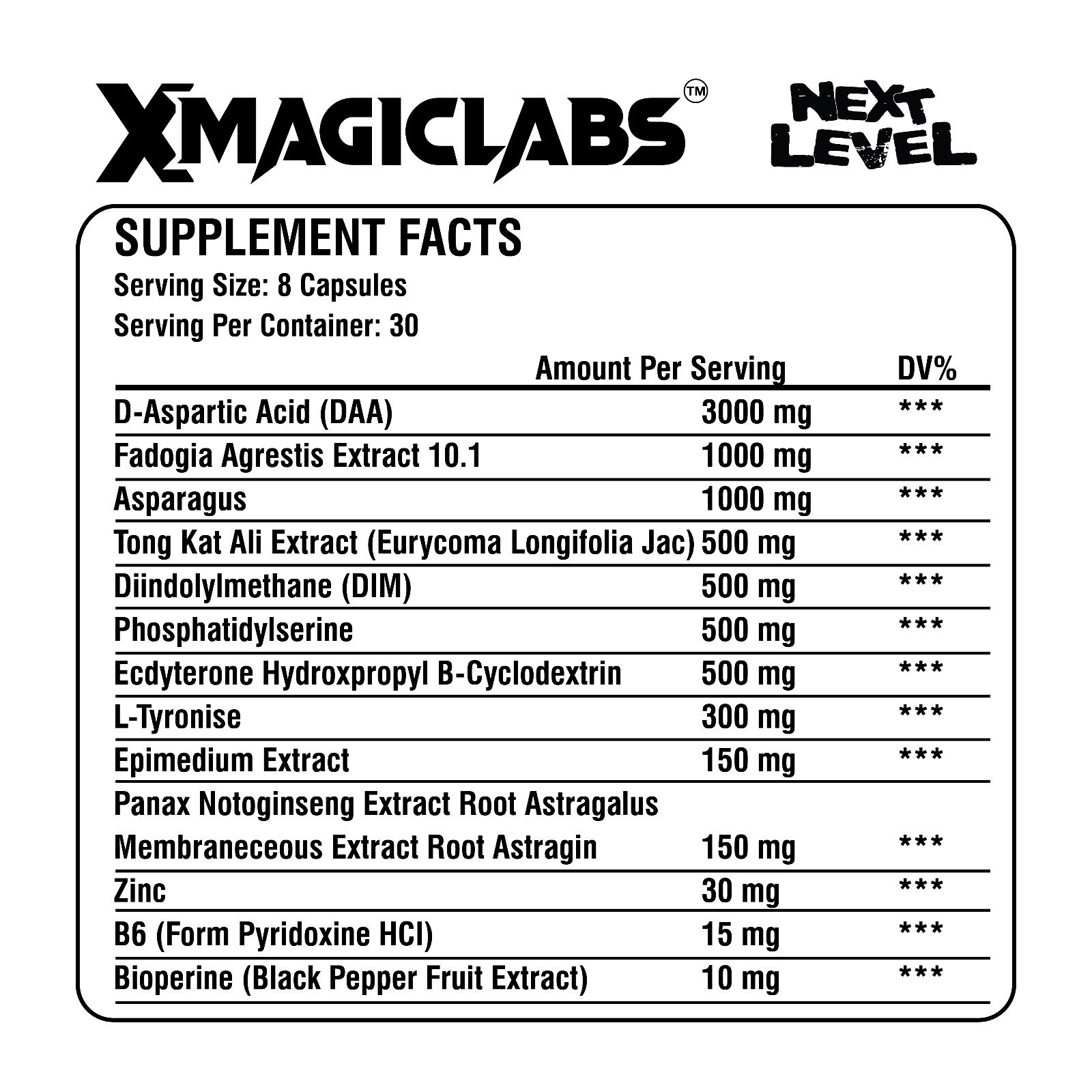
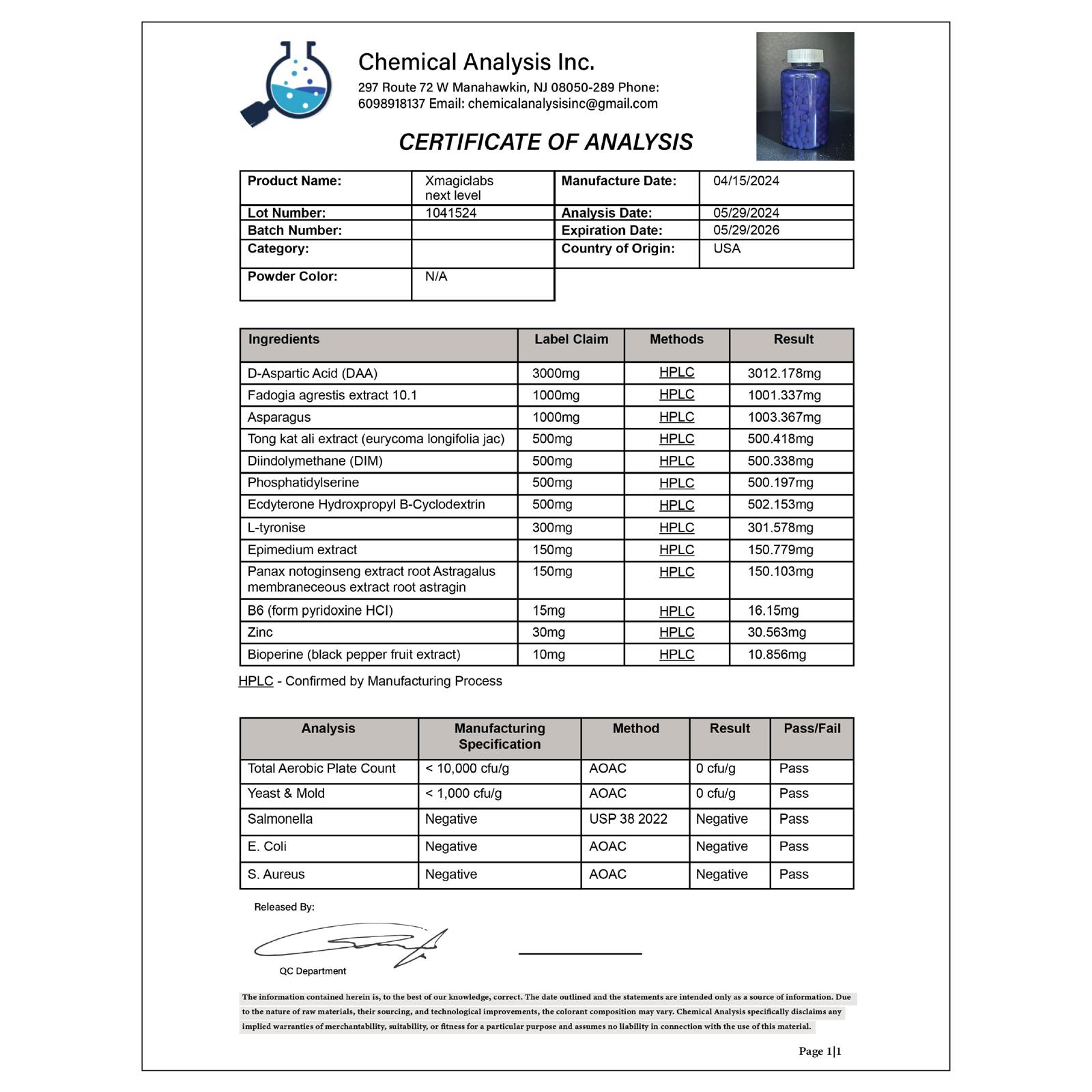
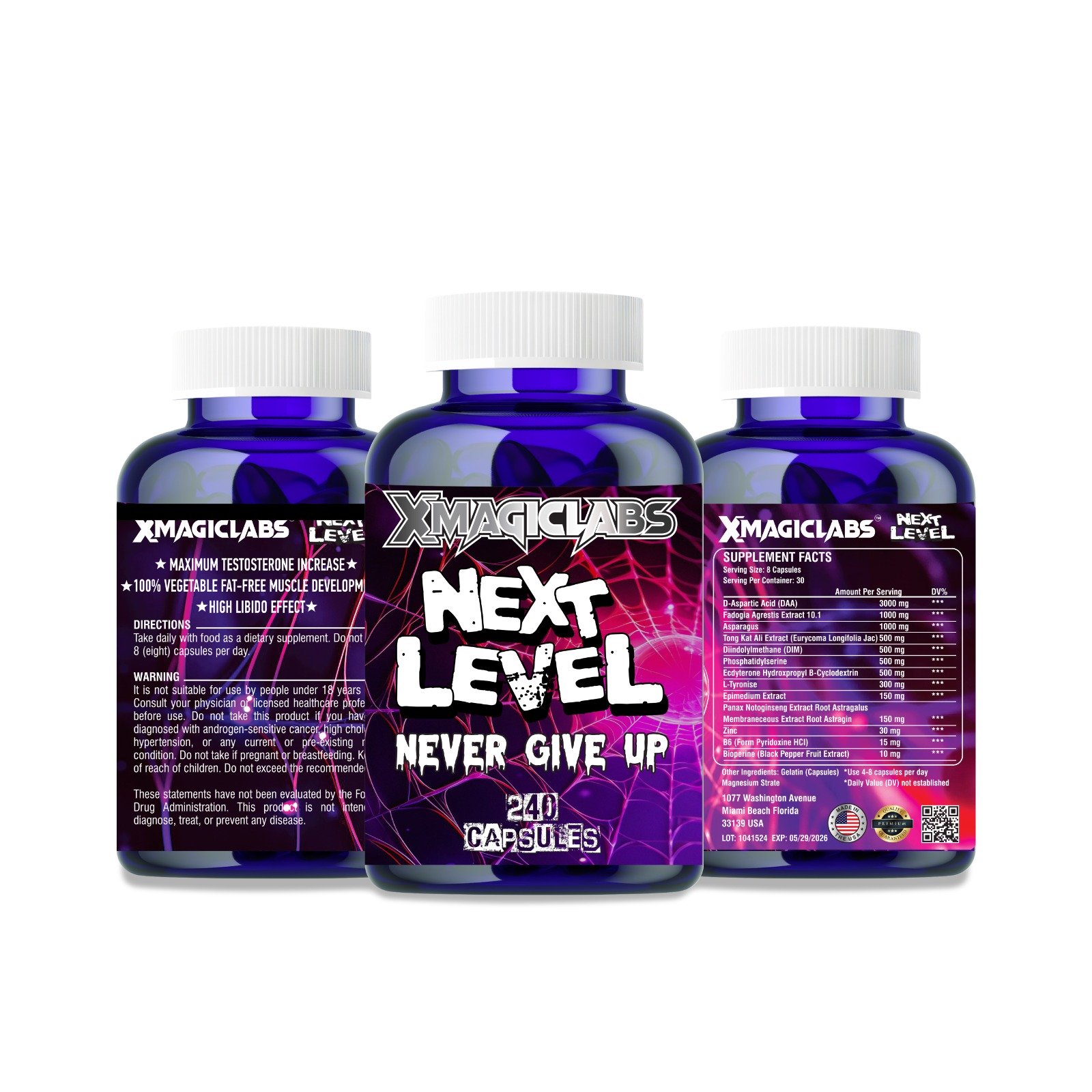
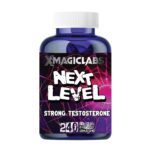
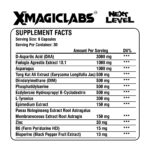
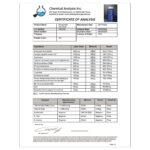
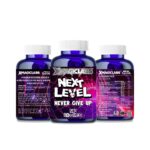
Reviews
Clear filtersThere are no reviews yet.